Sensory play involves activities that stimulate your child’s senses, aiding in the development of language and motor skills. It also promotes cognitive development, encourages social interactions, and inspires a spirit of experimentation.
Sensory play can also enhance two often overlooked sensory systems: proprioceptive and vestibular.
Proprioception is our awareness of body position, helping us understand where our body parts are in relation to each other and the effort we need to use for activities like holding, pushing, pulling, or lifting things.
The vestibular sense, which relates to movement and balance, helps us stay steady while participating in various activities. Some fun examples of sensory play include riding a bike, experimenting with slime, or simply enjoying music.
Benefits of Sensory Play for Children
Sensory play is crucial for your child’s growth from birth through early childhood. It aids in enhancing nerve connections in their brain, which can assist them in tackling more complex tasks.
When your child participates in sensory play, they are actively supporting their brain development and gaining insights from various elements of their surroundings.
Sensory development in children brings changes and helps in the following aspects.
- Language skills
- Fine motor skills
- Gross motor skills
- Cognitive growth
- Has a calming effect
- Fosters social interaction
Sensory activities significantly contributes to various aspects of child development. It enhances language skills by allowing children to learn through experiences, helping them articulate their emotions, wants, and needs. As children engage their senses, they naturally expand their vocabulary and descriptive language.
In terms of fine motor skills, sensory play activities provide opportunities for children to practice tasks such as tying shoes, writing, and zipping coats. Activities that involve tactile exploration[learning through touch], like pouring and mixing, strengthen small muscle coordination and dexterity.
Gross motor skills are also developed through sensory play, as it encourages physical activities such as sitting, crawling, jumping, and running. Allowing children ample time to practice these movements is essential for their physical growth.
Cognitive growth is fostered through sensory play, as it encourages children to ask questions, experiment, and solve problems. This type of play promotes critical thinking and helps children navigate challenges, enhancing their overall cognitive abilities.
Additionally, sensory play has a calming effect, aiding in emotional regulation. It can stimulate children who are sluggish or help soothe those who are hyperactive, making it a valuable tool for managing arousal levels.
Finally, sensory play fosters social interaction. When children engage in sensory activities with peers or siblings, they develop essential social skills, including communication, problem-solving, and adaptability. This inclusive form of play encourages collaboration and interaction among children.
Sensory Activities for Kindergarten Children
It is easy to find activities that stimulate your child’s senses. As a parent you can start such activities with resources available at home too. Here are a few ideas.
Finger painting
Finger painting is a fantastic activity for the little ones. You can assist by gently painting their hands and feet with a soft brush and then making prints on paper. For toddlers, this activity can be soothing and a wonderful way for them to express their emotions.
To start with this, make a designated space with paper and finger paints. Consider doing this outside on a sunny day to avoid making a mess inside. Alternatively, you can lay down an old blanket or sheet for them to use. After that, let your child explore by dipping, mixing, and swirling the colors as they like.
This activity helps children become familiar with different textures and the sensation of paint on their hands.
Playing with food
Before you tell your child to stop playing with their food, consider this: playing with noodles or dry cereal can enhance their sensory development.
By four to six months, your child is ready to explore food. This includes touching it and observing others eat.
Allow them to taste, squeeze, and spread food as they discover different textures, flavors, and smells.
Playing outside
When the weather gets warmer, encourage your kids to go outside and play. This is especially good for toddlers. They can enjoy activities like playing in the sandbox, running around, or rolling in the grass, all of which help with sensory development.
For older kids, activities like hopscotch, swinging, or making sandcastles are great options.
Bath time
Filling the bathtub has more benefits than just your child bathing. From bubbles to toys and even splashing can be a fascinating sensory experience for them.
Listening to music
Listening to music can greatly benefit your child’s growth. It can improve their vocabulary, boost their mood, and help with coordination. Instead of just playing songs, encourage your kids to create their own music/tune using items from around the house, like wooden spoons, steel bowls and pots.
Tips to Enhance Sensory Development in Infants
There is no specific time limit for sensory activity. Every child experiences sensory play everyday. So in order to enhance their sensory development you can follow the following tips.
- Find ways to engage more senses
- Keep it simple
- Be Creative
For instance, have your child sit on a pillow while playing with blocks to help with balance.
You do not need to buy special toys or tools. Many activities can be done with what you already have at home. Like making a ball out of a cloth, or showing them shadow animals with your fingers.
Change your child’s experiences by introducing new foods or activities to keep things fun and engaging. For example, make bath time unique by using a different washcloth for a new texture or showing your baby how splashing feels.
Conclusion
Sensory play helps children become more flexible and adaptable in different parts of their lives. By using their senses and building these skills, kids find the world less frightening because they gain the tools to deal with challenges.
Mother’s Pet Kindergarten has many such activities that aid in children’s sensory development. The friendly educators at Mother’s Pet Kindergarten create an environment suitable for kids to explore many things through tactile exploration. As a result this makes children’s brain to develop many nerve connections that further help them in their learning phases both academically and socially.


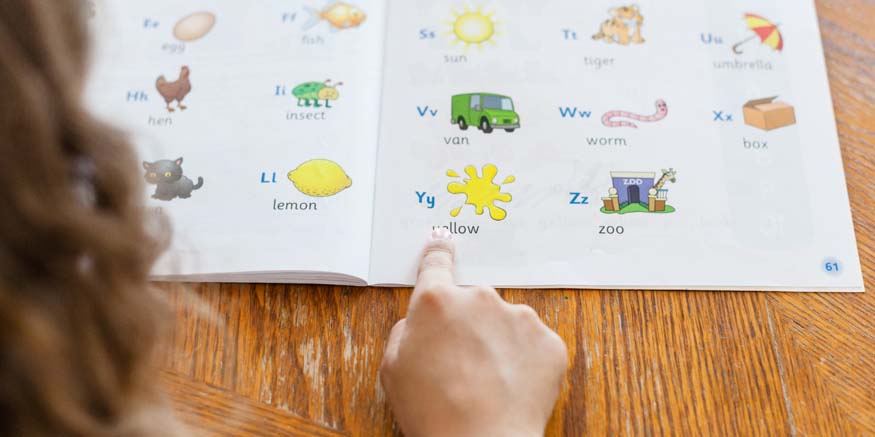

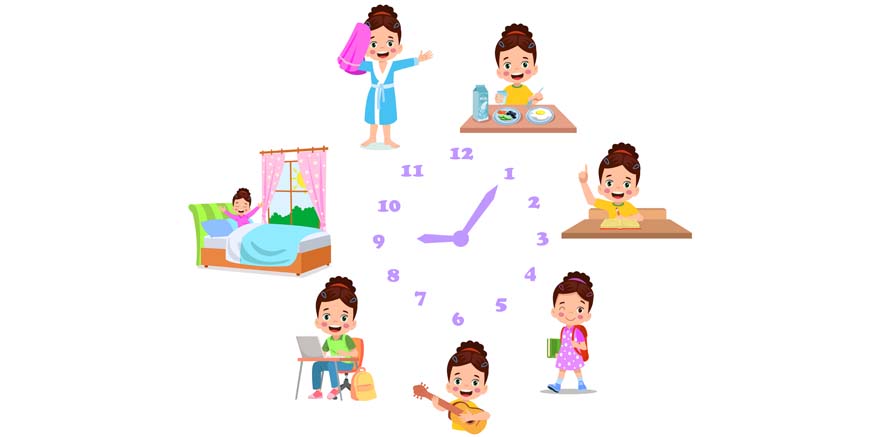


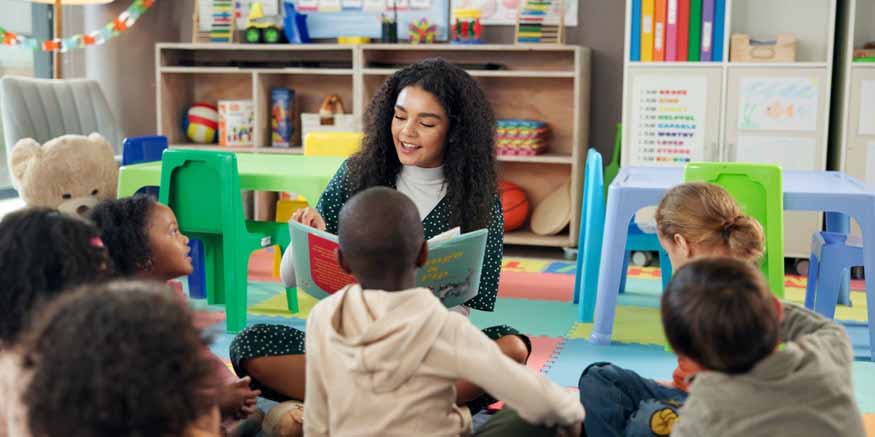
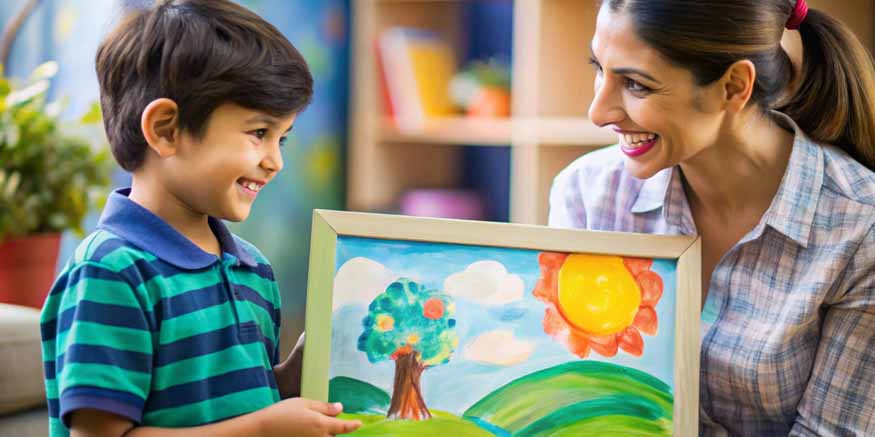
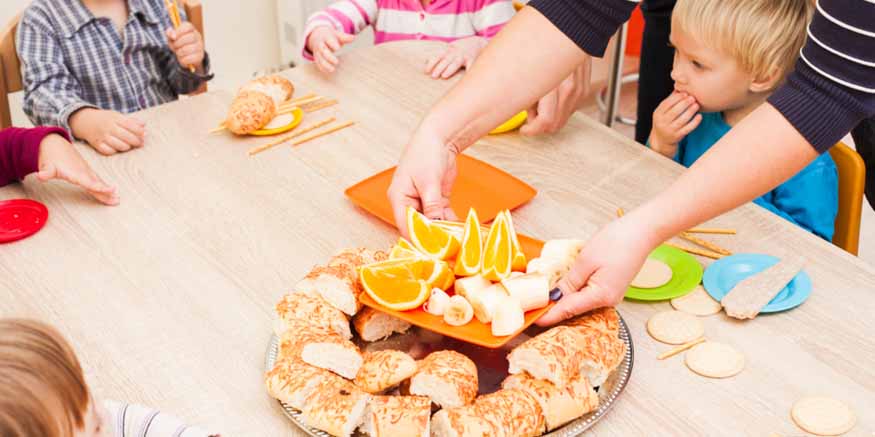
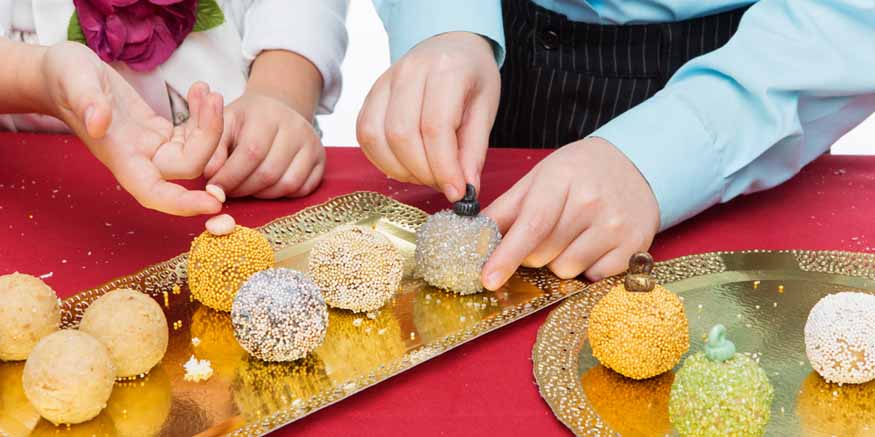
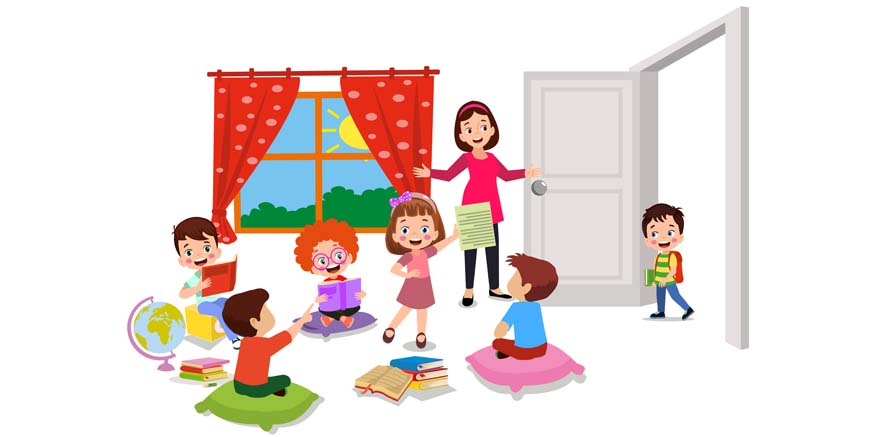
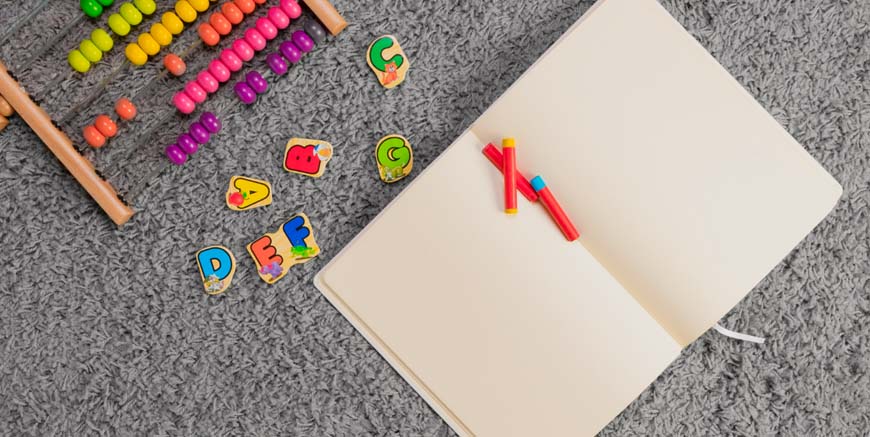
Recent Comments